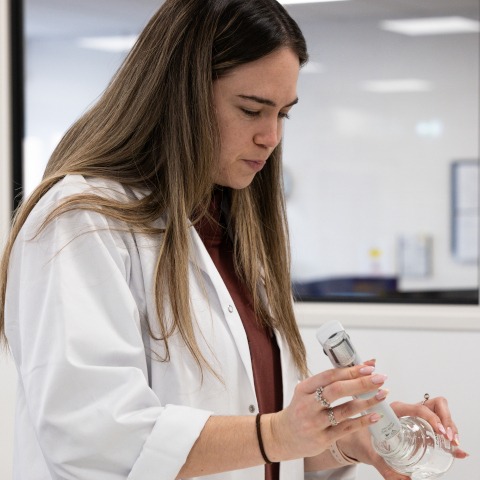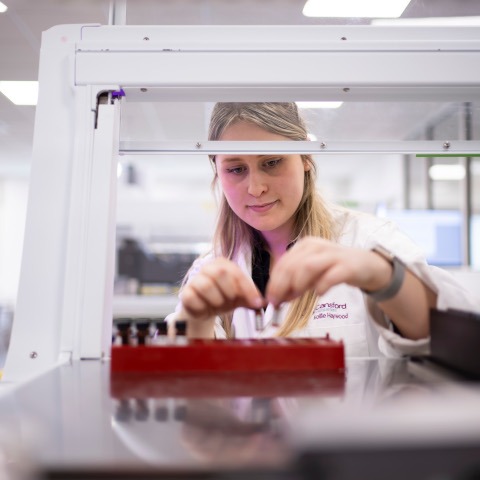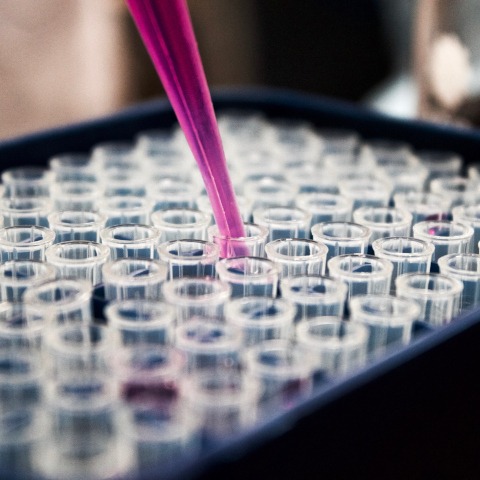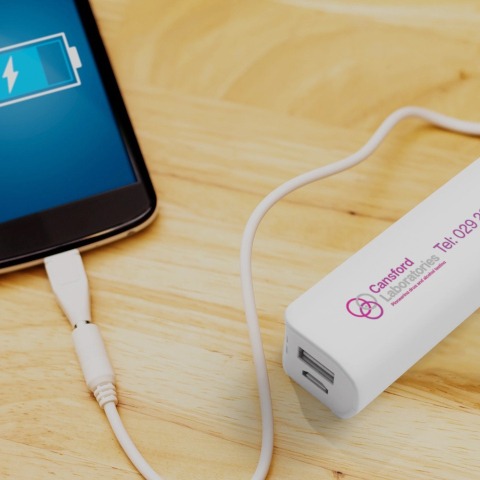Recent findings highlight the need for better workplace screening, says UK laboratory
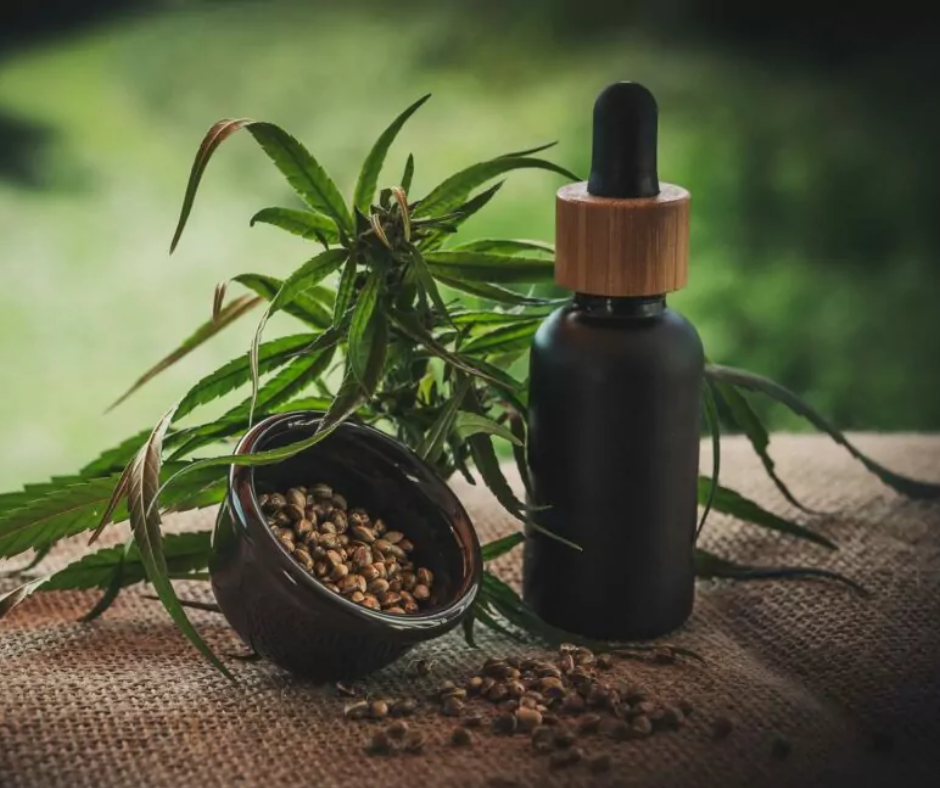
Workplace drug testing and the regulation of CBD products have come under scrutiny, following reports of illegal cannabis levels in over-the-counter CBD products and a failed workplace drug test linked to the consumption of these products.
Recent findings by a laboratory in Kent, have shown that, of 61 over-the-counter CBD products tested, 72% contained psychoactive constituents of cannabis.
Scientific analysis of CBD (cannabidiol) products – an increasingly popular remedy for pain relief –found that the majority of products tested contained illegal drugs. The laboratory has not specified the constituents or concentration levels detected. At the same time, several products were found to contain hardly any CBD element at all. The testing was carried out on behalf of several local authorities.
The lab also tested a sample from a person who failed a workplace drug test and says they have never taken drugs. They had, however, consumed the CBD product tested, which was found to contain the drug for which they tested positive.

Lolita Tsanaclis, chief scientific officer at Cansford Laboratories (pictured) says this could give cause for concern for people using over-the-counter CBD products and highlights the need for more robust workplace drug testing methods:
“The assumption here is that – unbeknown to the person tested – a CBD product may have contained tetrahydrocannabinol (THC) and therefore caused a non-cannabis user to test positive for cannabis use. If this is the case, using a point of care kit may have compounded the problem.
“Point-of-care results are almost instant and commonly used in workplace screening. While they can be useful, they are also prone to false negatives and – particularly – false positives. They will very likely pick up a low level of THC, the most common constituent of cannabis.
“For accuracy, I think it is essential that where point of care tests are used, any presumed positive results are followed up with a laboratory test to explore the findings further.
“Whist low levels of THC can be detected in laboratory tested oral fluid and hair; I am confident that the minimal level of THC likely to be found in commercial CBD products will be so low as to be classed as ‘not detected’ in a lab test.
“Having this backup in place will help prevent people who have not taken drugs failing workplace tests – the implications of which can be huge, both on their lives and their livelihoods.”
Image credit: Julia Teichmann from Pixabay
